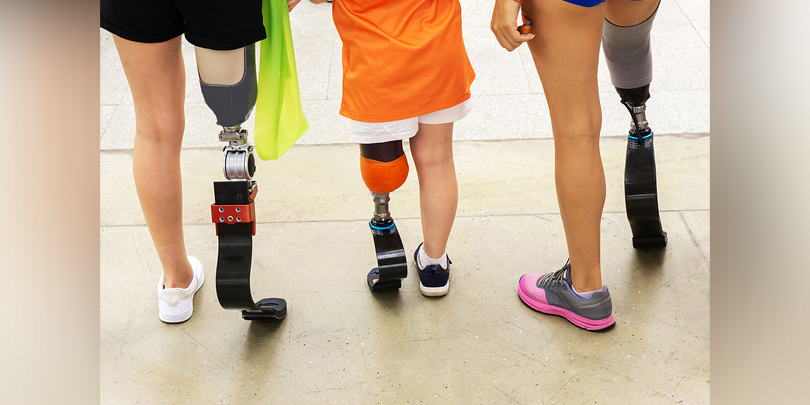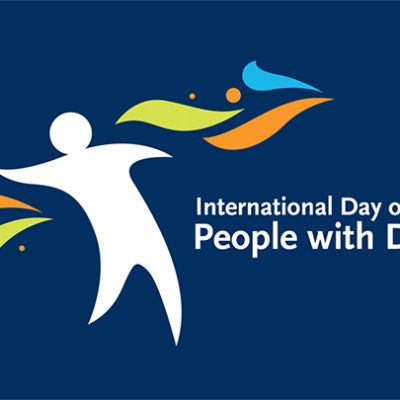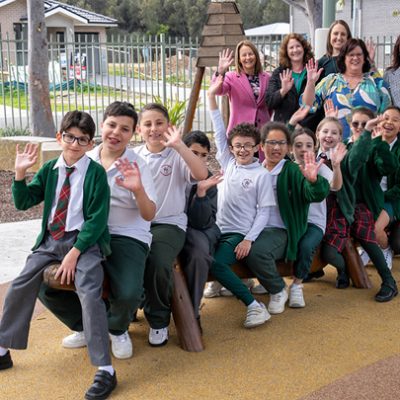
Young people want disability to stop being seen as something that needs to be “fixed”, new Australian Catholic University research shows.
Focusing on what people with a disability can rather than can’t do, challenging stereotypes, and changing negative attitudes that cause harm are also key areas requiring action according to the study findings.
Led by ACU’s Institute of Child Protection Studies and funded by the federal Government through Australia’s Disability Strategy, the qualitative study involved 39 people aged 16 to 24 with and without a disability, including carers and those with diverse cultural and linguistic backgrounds and genders.
Lead researcher Tim Moore said the study, run in conjunction with Children and Young People with Disability Australia and the Australian National University, explored how young people perceived societal attitudes towards disability.
“We wanted to understand how these attitudes shape the experiences of young people with disability, particularly in education, employment, and social activities,” Associate Professor Moore said.
Among the findings, the participants, who took part in focus group discussions, said disability was often seen negatively, with people treated unfairly including facing employment barriers, while school experiences varied.
They were asked about community attitudes, their impact and the factors that may have led to them, as well as personal experiences involving family, friends, school, the media, and the influence of their own cultural identity and geographical location on attitudes towards their disability, comments included:
“There is a lot of judgement that stems from stereotypes and can lead to people dehumanising disabled people or simply treating them badly,” Professor Moore said.
“Some schools and universities do a good job, like having ramps, extra time in exams, or teachers who understand disabilities. But others don’t.
The study – “A Lot of Judgement Stems from Stereotypes”: Young People’s Views on Australian Attitudes towards Disability – highlighted the view among youth that societal attitudes needed to change along with educational reforms, media campaigns, and improved support services.
“Young people with a disability deserve to be seen, heard, valued, and respected,” Professor Moore said.
FULL STORY
Young people call for attitudes towards disability to change (ACU)






